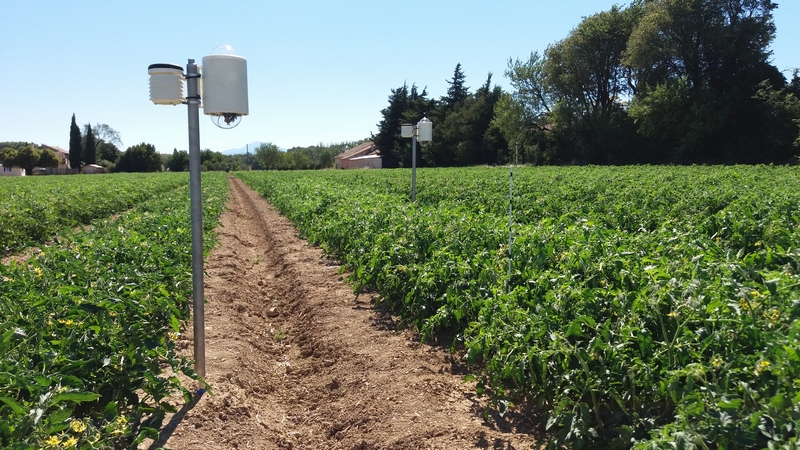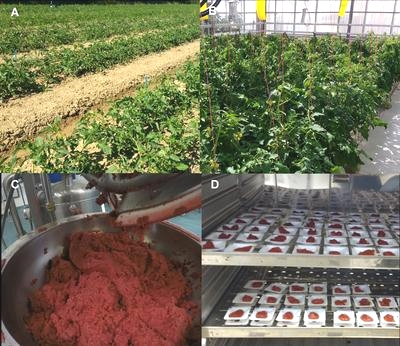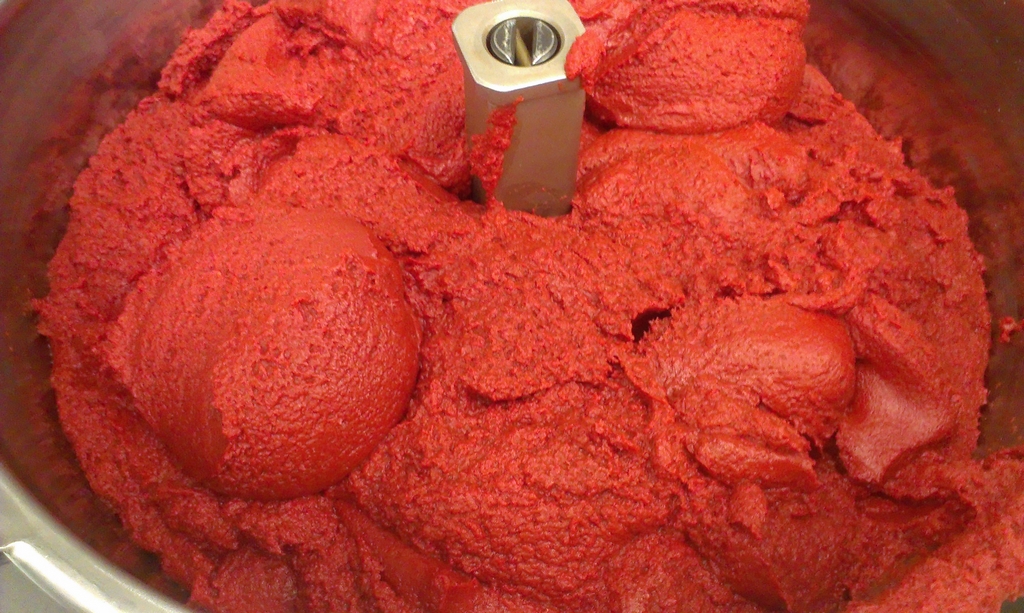Respect for your privacy is our priority
The cookie is a small information file stored in your browser each time you visit our web page.Cookies are useful because they record the history of your activity on our web page. Thus, when you return to the page, it identifies you and configures its content based on your browsing habits, your identity and your preferences.
You may accept cookies or refuse, block or delete cookies, at your convenience. To do this, you can choose from one of the options available on this window or even and if necessary, by configuring your browser.
If you refuse cookies, we can not guarantee the proper functioning of the various features of our web page.
For more information, please read the COOKIES INFORMATION section on our web page.


 Around the world, the processing tomato industry must face a number of challenges, at varying levels:
Around the world, the processing tomato industry must face a number of challenges, at varying levels: 
 This research opens the way for a control of irrigation methods that depends on a target level of soluble solids in the fruit. Acquired data will also lead to more accurate decisions in terms of cultivar choices and to a better timing of the start of harvesting operations depending on variety choice and processing method. Finally, studies are currently ongoing in order to better understand the mechanisms that determine the viscosity of the end products. Drawing up an overall pattern for viscosity and carrying out trials at different stages (laboratory, factory) will allow operators to adapt methods and processes according to the quality of the fruit arriving at the factory, in order to control quality from the field to the consumer's plate.
This research opens the way for a control of irrigation methods that depends on a target level of soluble solids in the fruit. Acquired data will also lead to more accurate decisions in terms of cultivar choices and to a better timing of the start of harvesting operations depending on variety choice and processing method. Finally, studies are currently ongoing in order to better understand the mechanisms that determine the viscosity of the end products. Drawing up an overall pattern for viscosity and carrying out trials at different stages (laboratory, factory) will allow operators to adapt methods and processes according to the quality of the fruit arriving at the factory, in order to control quality from the field to the consumer's plate.



























